It’s so very tempting to recruit every companion in Baldur’s Gate 3 and fight for their approval in each Act so they can be lifelong friends with the player’s carefully curated character. However, not all companions are easy to recruit or gain approval from, and some are just downright rude or nasty.
There are advantages and disadvantages to having every companion in the player’s camp or party, but sometimes life would be so much easier if they weren’t around. At least, that’s what we kept thinking in our playthrough, which is why we put together this list of companions that are worth killing or abandoning throughout the story.
Related: Baldur’s Gate 3: The Most Deranged Dark Urge Impulses in BG3
Companions Worth Killing or Abandoning in Baldur’s Gate 3
Below, we’ve listed the companion characters in Baldur’s Gate 3 that we believe are worth killing or abandoning. We’ve explained our reasoning for each one but want to point out this isn’t all about getting easy loot or purely being evil. These characters may or may not be worth abandoning or killing if a player isn’t roleplaying as deeply as we did, but that level of immersion does play into our decisions.
Lae’zel
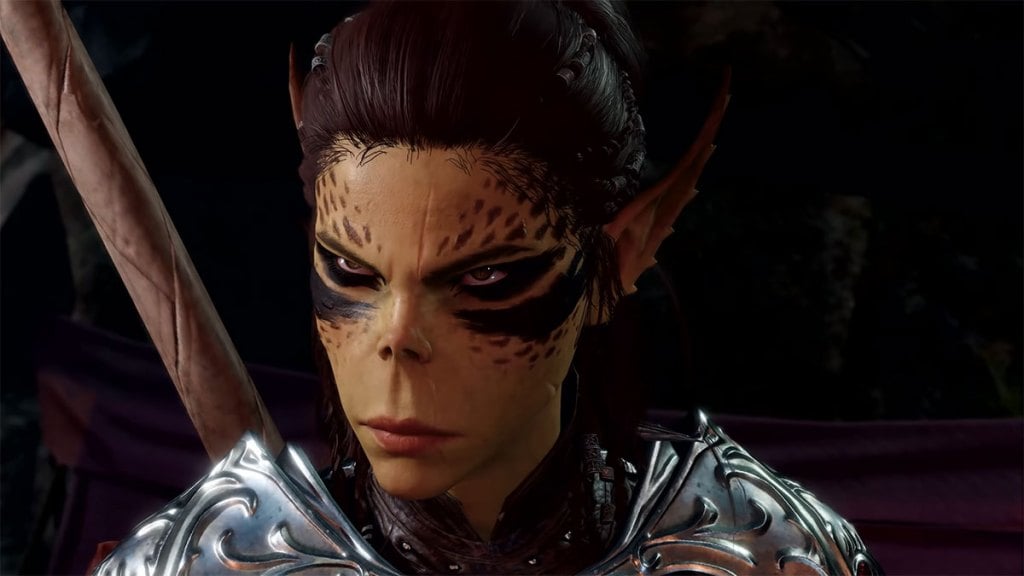
Lae’zel is rude. There’s no other way of putting it. She tries to kill players in the Nautiloid after it’s attacked and only decides to join up with them because they might be able to help her escape. She even wants to leave Shadowheart writhing and calling for help from her pod when players encounter it. All the while using a tone that makes every suggestion she makes sound like an order, and we’re not into being bossed about.
When players next meet this selfish companion, she’s trapped in a cage. The Tieflings have caught her in a trap. Even though she recognizes the player, she takes that same tone and demands freedom instead of asking for help. At this point, we were done, so we got the Tieflings to free her and watched as they slaughtered her. It’s also possible to find her dead body near the Githyanki raiders if players abandon her and make camp without rescuing her.
The only real advantage to killing or abandoning Lae’zel is that she no longer berates the player and has finally had some repercussions for her actions. Of course, the gear on her body is a nice bonus if players want it, but we were happy with the satisfaction that she’d never bother us again.
Minithara
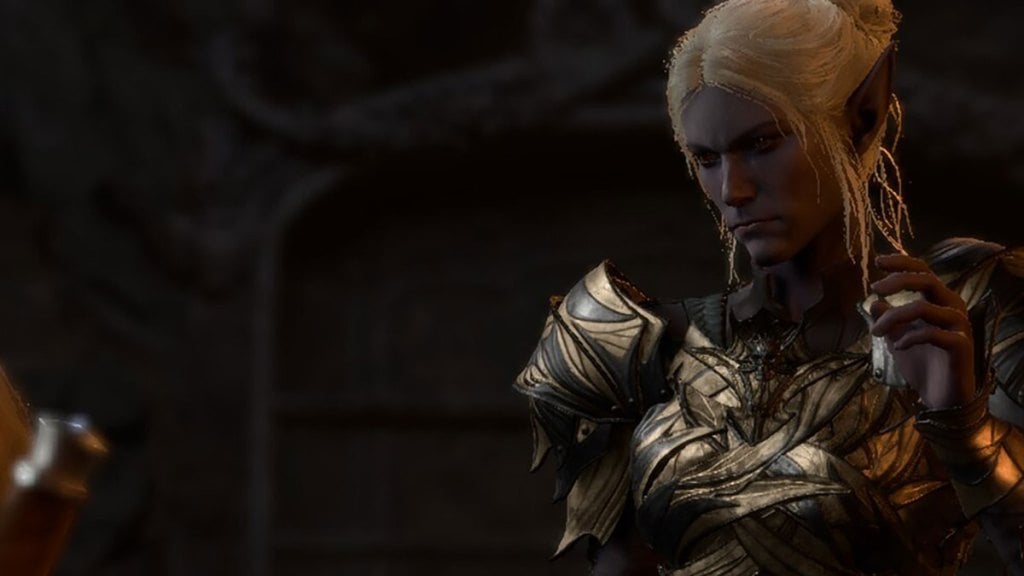
Minithara is a questionable character. She’s found in Act 1 in the Goblin Camp, prepping for an assault on Druid Grove and generally being quite evil. While we felt like we bonded with her in the camp as each of us attempted to read the other’s thoughts, it was not enough to make us like her. We think most players will agree that she’s extremely unlikeable, and her torture in Act 2 suggests even in-game characters don’t like her much.
Killing Minithara is part of a quest to kill all the leaders in the Goblin Camp. It earns players experience and rewards that will help them progress naturally through each level and grow in power with the story. It’s also possible to abandon/kill her by summoning her at Druid Grove, making her think that the Goblin assault can enter the location, only to betray and kill her. To us, this was the best way to kill her because she felt an emotional sting before the actual sting of magic, swords, and arrows hit her.
As with Lae’zel, the only real advantage to killing Minithara is her stuff. Naturally, there’s the added benefit of helping the Tieflings leave Druid Grove without being slaughtered and stopping the Druids from becoming murderers, but all of that feels like a happy coincidence to the awfully evil act killing this companion allows players to partake in.
Astarion
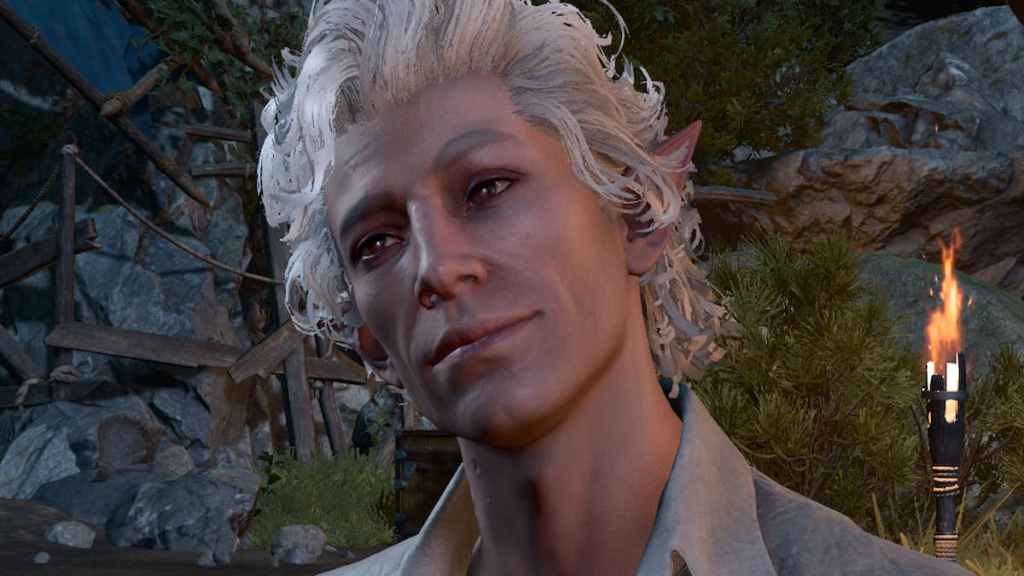
Astarion is actually a genuinely brilliant companion. He’s got a fantastic sneaking ability and is our favorite long-ranged specialist in any battle. However, he also wants to suck the player’s blood, which makes us somewhat uncomfortable. It turns him from a gorgeous assassin elf into a leech, which not everyone is going to be on board with.
Unlike some characters, Astarion is incredibly easy to abandon. Players can simply not respond to his calls for help when they hear or see him at the Nautiloid crash site, and they’ll never need to deal with him again. He remains there for a very long time, well into the start of Act 2, so it’s always possible to go back and get him if a player changes their mind. But the point here is not to let him leech from characters, and abandoning him is the easiest way to leave him to rot by himself.
Ultimately, we’ve kept Astarion in our party despite his overzealousness for our throat. The advantages outweigh the bloodsucking, and for some reason, we think our character would actually enjoy being the personal blood bank of a creepy elf.
Gale
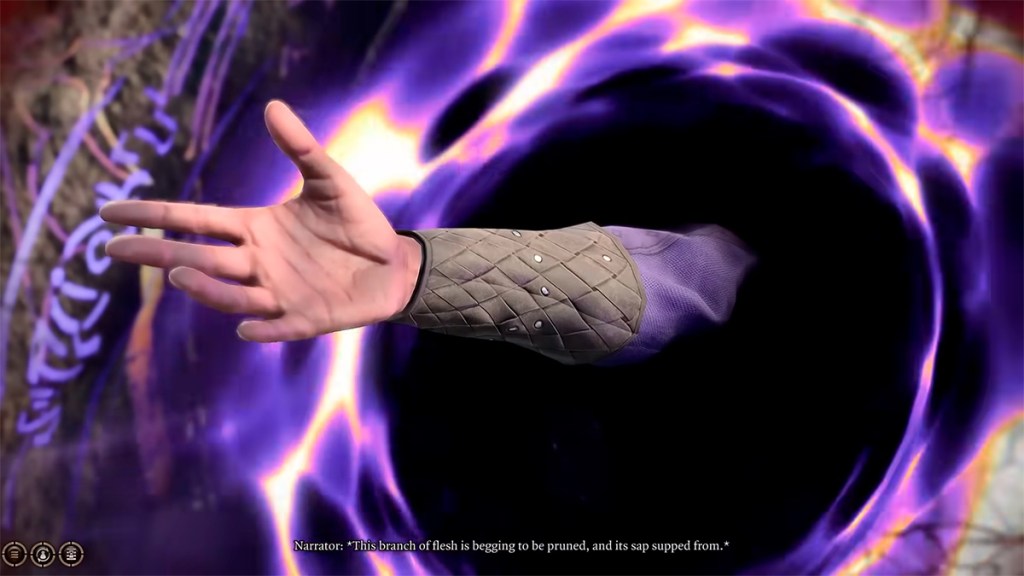
Gale is a character players can love or hate, depending on how they take his brand of humor. We think he’s pretty funny, but he also annoys us at times when he chimes in with unwanted commentary in tense moments when we’re trying to force characters to do what we want. Abandoning him can have serious consequences on a playthrough, leaving players without a decent magic user in their party, but we’d argue it’s worth it.
Abandoning Gale is something players should do on their second playthrough as payback for all the trouble he’s put them through. He hides a dark secret that requires players to sacrifice magical artifacts and doesn’t ever fully address how much of a burden it is to have him around.
It’s possible to abandon Gale by simply giving him a high five while his arm sticks out of the portal at the start of the game, by choosing not to help or simply failing the skill checks required to grab him and pull him out. This has no benefits because players can’t even loot his body. However, ripping off his hand is pretty funny and makes up for the deception he pulls when he’s a companion.
Halsin
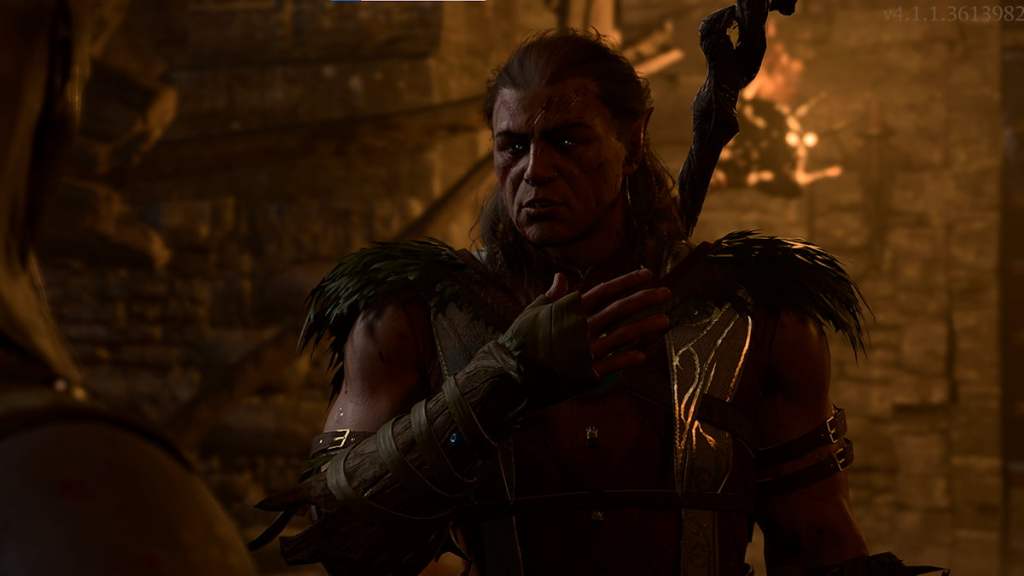
Halsin is a powerful druid ally that players love having in their party because he can transform into a bear and mess up anything standing in his way. However, he’s also a bit of a plot hole in the Baldur’s Gate 3 storyline, and that justifies his death in our character’s eyes.
Halsin can be found stuck behind bars in his bear form in the Goblin Camp in Act 1. While he could just transform and escape, he instead chooses to remain a bear and wait for players to find him. Players can choose to throw sharp rocks at him and agitate him to the point where he attacks, and then the fun begins.
The ensuing fight with Halsin is difficult, but there are enough nearby Goblins who will attack him and act as fodder that the party should remain relatively unscathed. Killing Halsin here allows players to gather his gear and look good in front of the Goblins and their leaders, perfect for those planning to kill or deceive them.
Abandoning Halsin simply results in him returning to Druid Grove, provided players kill the Goblin leaders and raze the Goblin Camp. He doesn’t seem to care that he was left to rot, which almost makes him more annoying to us and, therefore well worth killing.

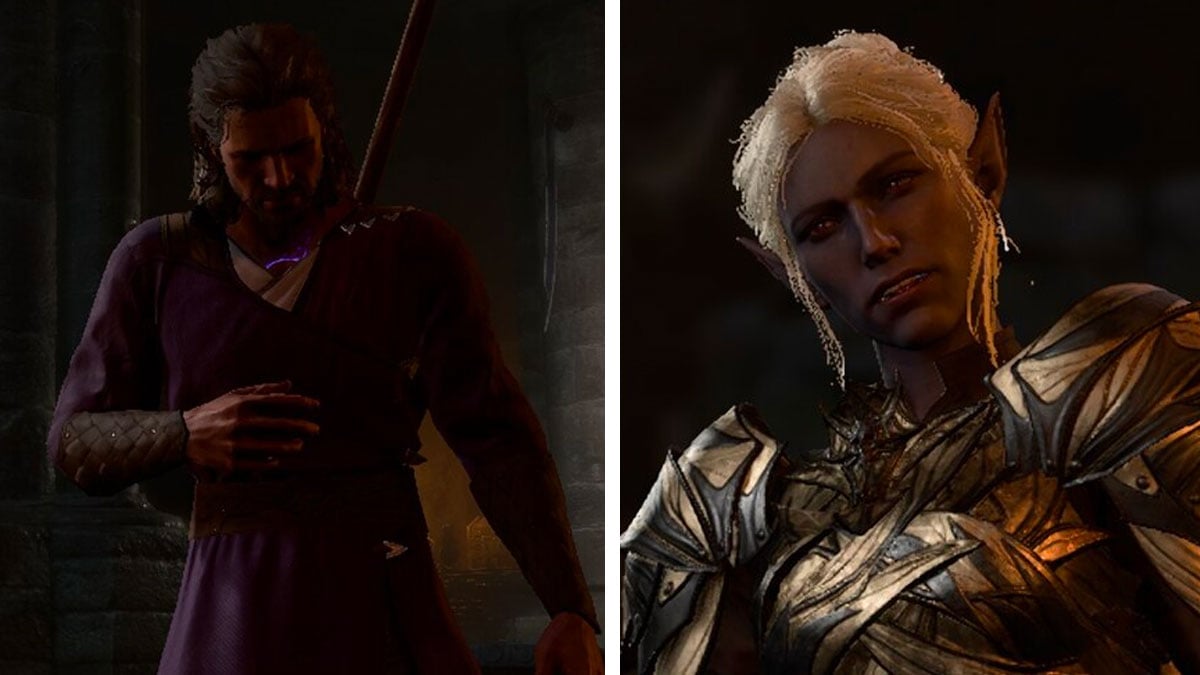
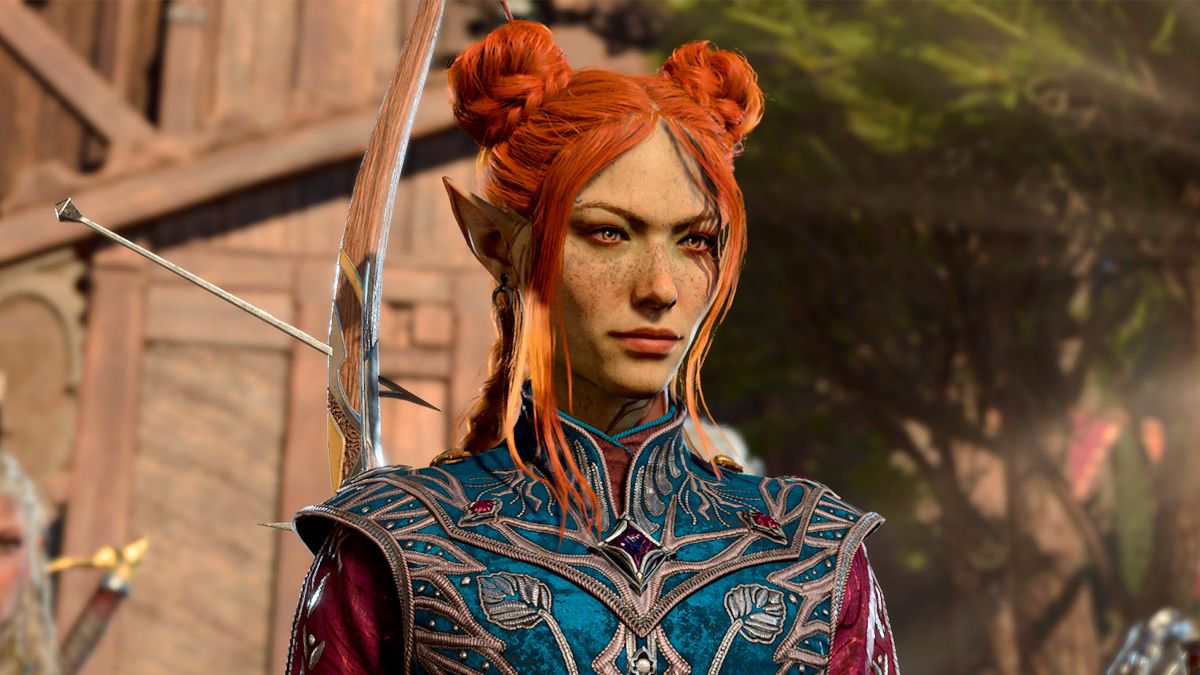
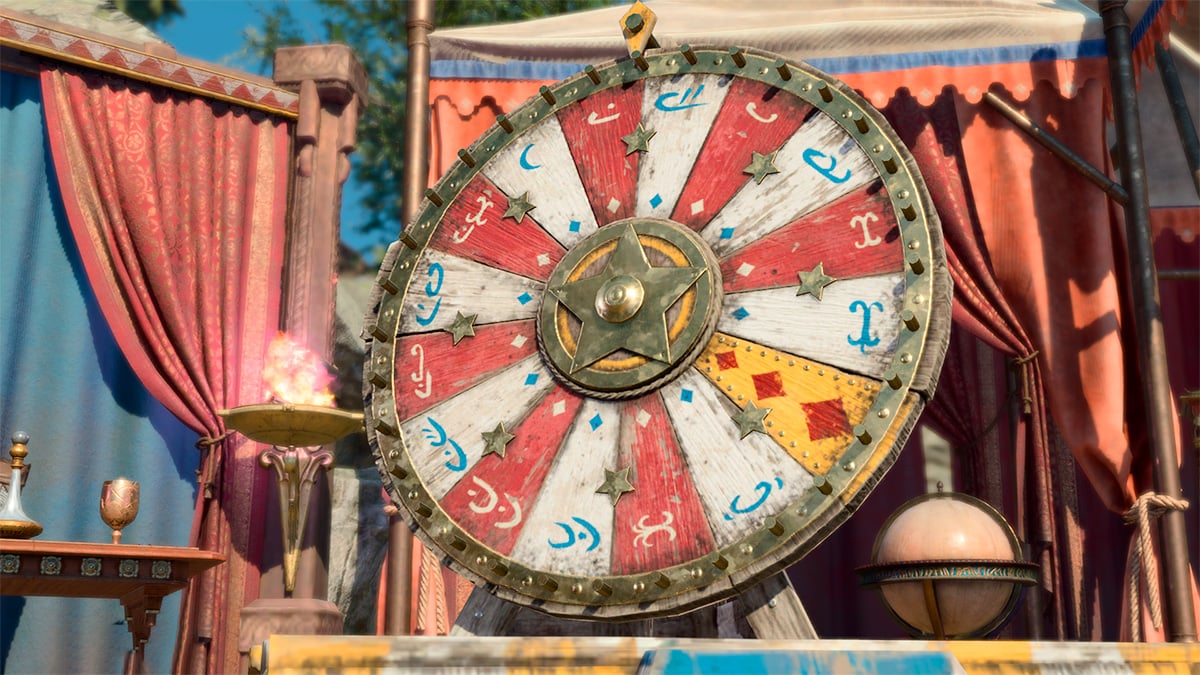
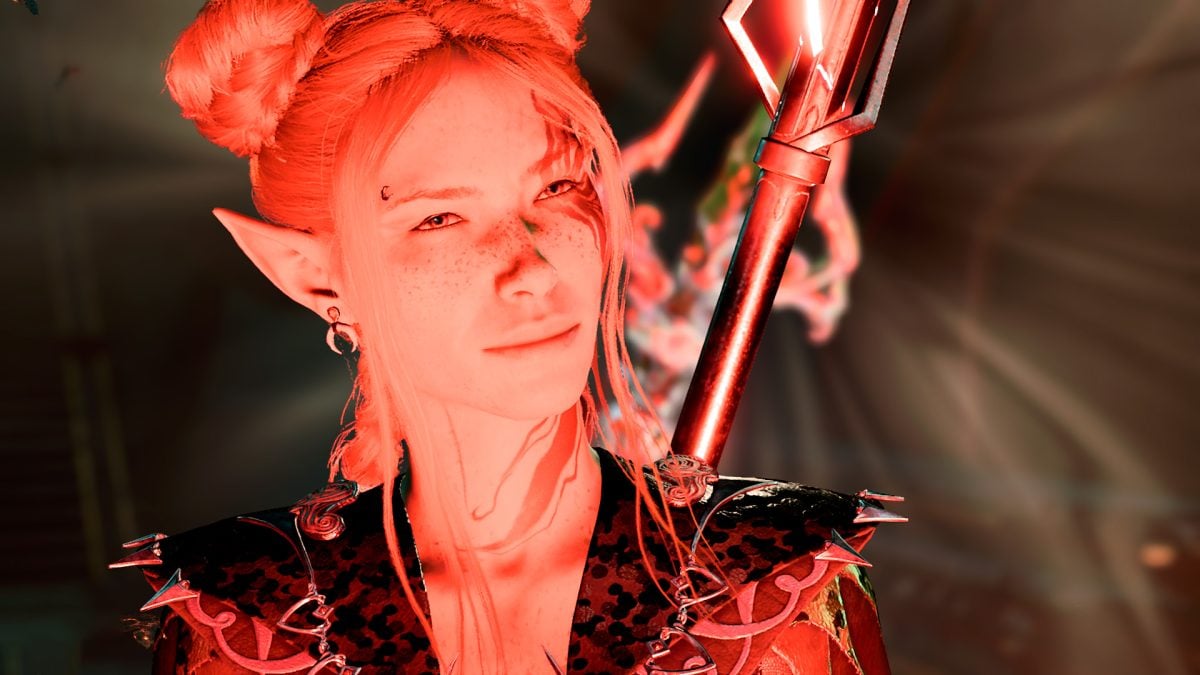
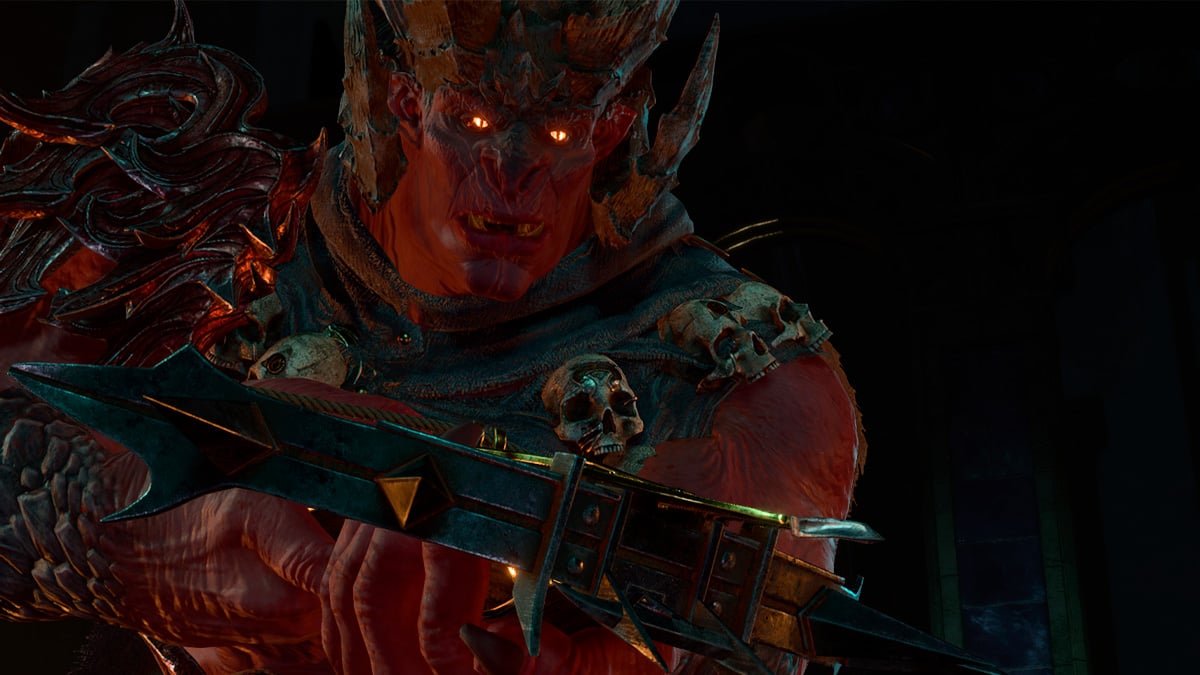
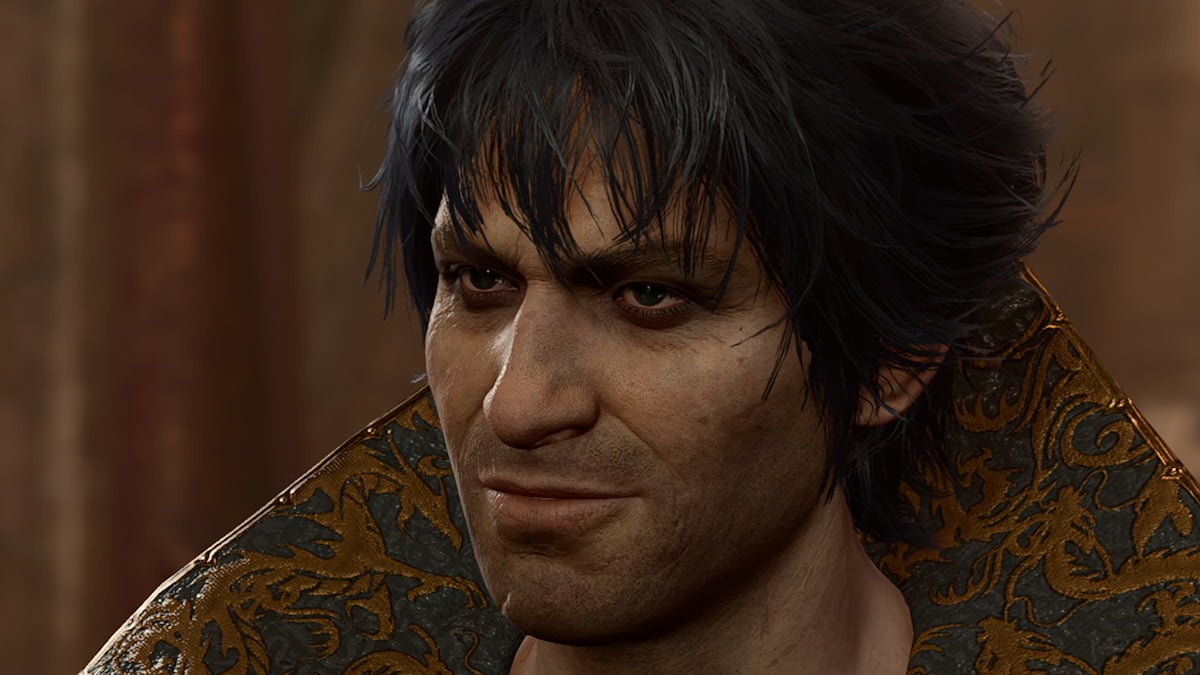
Published: Aug 30, 2023 08:15 am